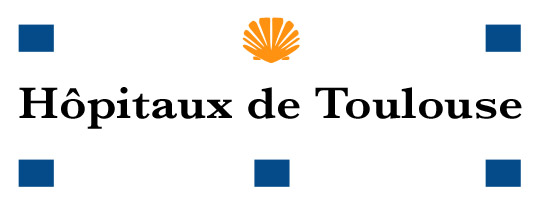CIRComa : Deciphering the role of circular RNAs in the pathogenesis and therapeutic resistance of anaplastic large cell lymphomas associated with the oncogenic tyrosine kinase ALK.
Deciphering the role of circular RNAs in the pathogenesis and therapeutic resistance of anaplastic large cell lymphomas associated with the oncogenic tyrosine kinase ALK.
Anaplastic large cell lymphoma (ALCL) is an aggressive, predominantly paediatric T-cell lymphoma. 85% of ALK+ ALCLs are associated with a translocation between the NPM (nucleophosmin) gene and the ALK (Anaplastic Lymphoma Kinase) gene resulting in a constitutively activated, oncogenic fusion protein. Most ALK+ ALCL respond to chemotherapy, but 30% of cases relapse, which has a poor prognosis. Understanding the origins of therapy resistance could improve treatment and prognosis of patients. Deregulated expression of non-coding RNAs (ncRNAs) is known to be an important factor in therapy resistance. To date, we and others have linked microRNAs and long non-coding RNAs to therapeutic resistance in ALK+ ALCL. Circular RNAs are another class of highly stable lncRNAs that can control gene expression, for example by interacting with microRNAs or proteins. This project aims to elucidate their role in ALK+ biology including their impact on lncRNA networks and therapeutic resistance. Our objectives are (1) to identify a signature of circRNAs associated with resistance, (2) to analyse their effect on treatment response, (3) to elucidate their mechanisms of action, and (4) to evaluate candidate circRNAs as predictive and prognostic plasma biomarkers from liquid biopsies. The identified circRNAs could serve as a model for other ALK+ cancers. The results of the project will improve the understanding of the pathogenesis of ALK+ ALCL and the origins of therapeutic resistance, and may identify new drug targets and predictive biomarkers associated with high-risk disease. Thus, ultimately, the detection of selected candidate circRNAs in the blood of patients could provide predictive tools for early relapse.
Date of start : 2023
Date of end : 2025
Principal coordinator : Fabienne Meggetto, CRCT
Clinical coordinator : Pr Laurence Lamant, CHU of Toulouse, CRCT
Partnerships:
- Pr. Thérèse COMMES, Team Bioinformatics and biomarkers” (bio2M), Montpellier, U1183
- Dr. Véronique VERGé, Départment of Biopathology, Institut Gustave Roussy





